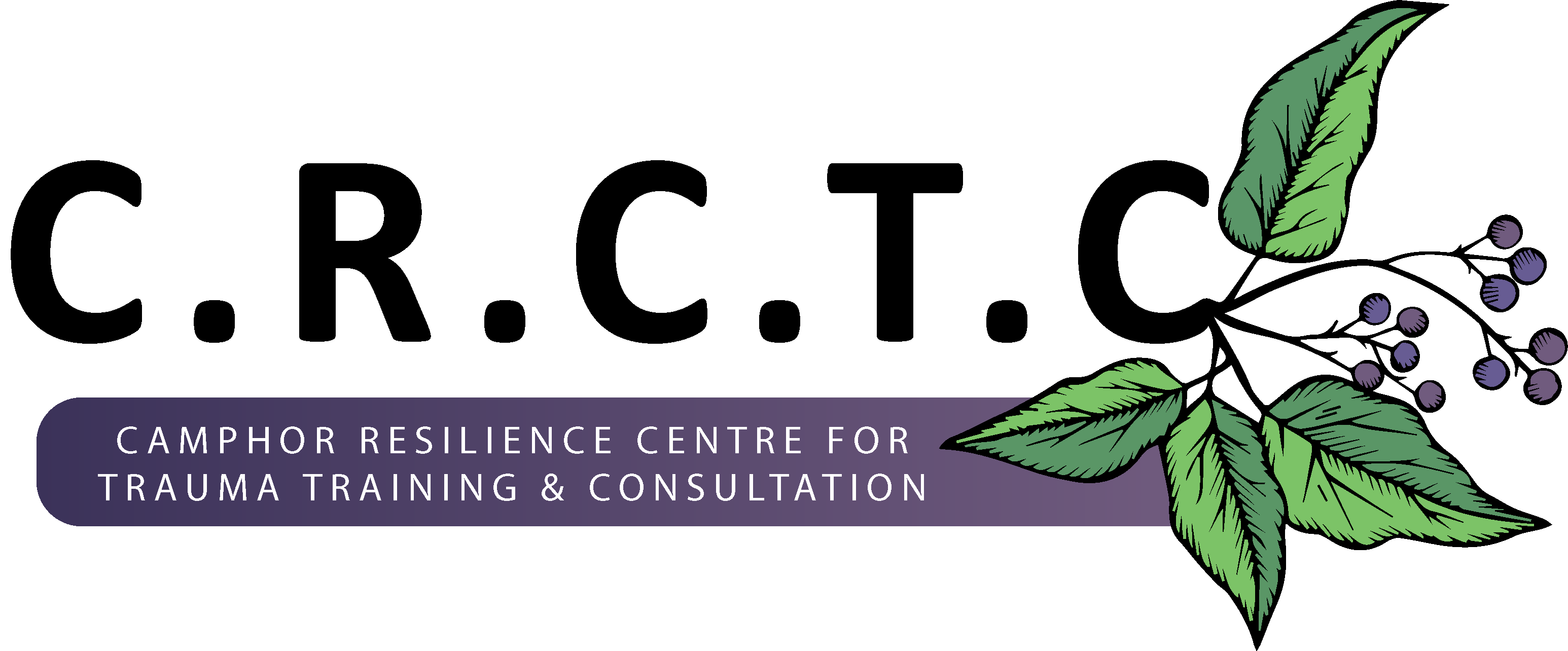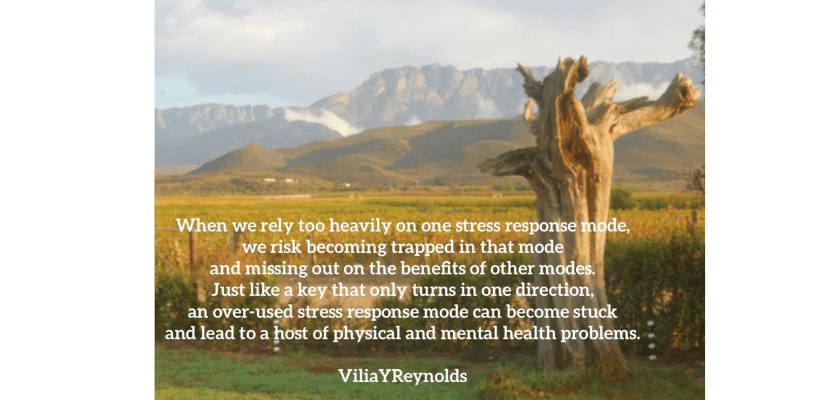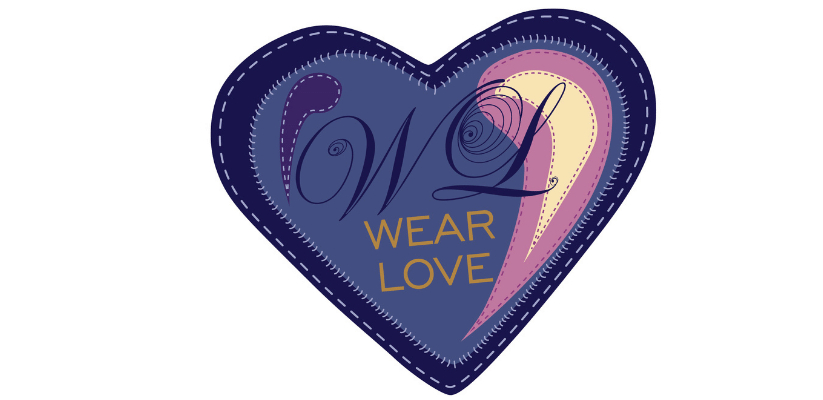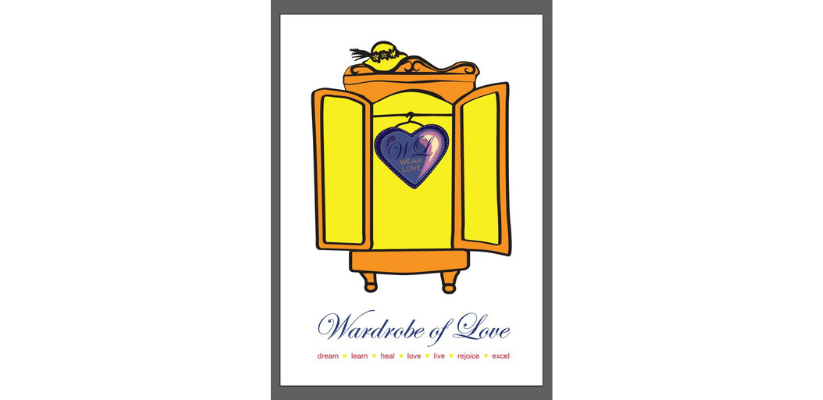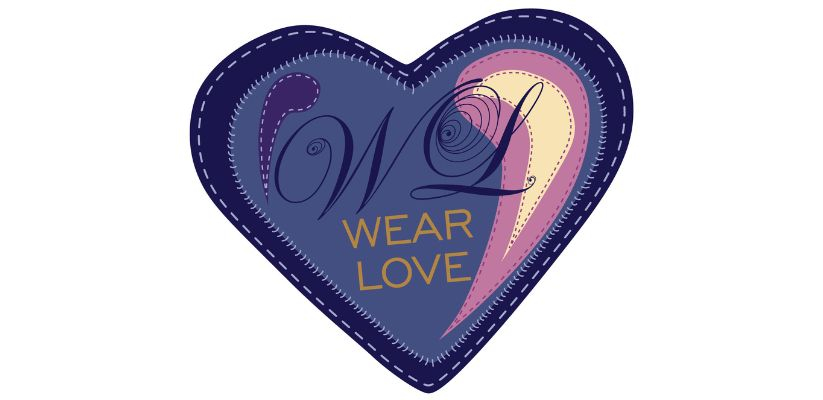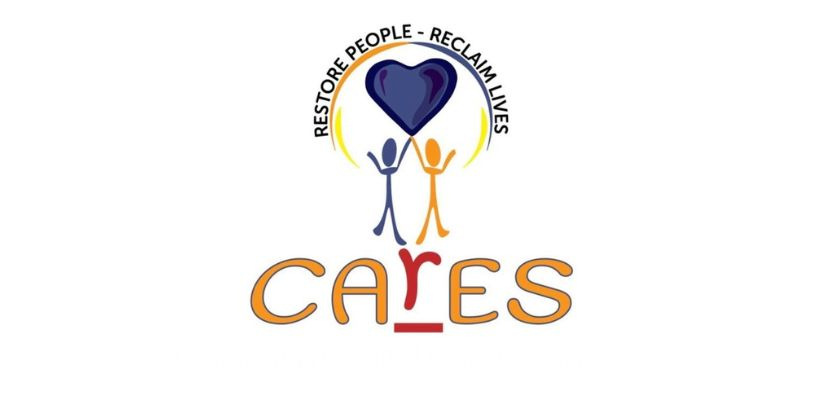Article on Stress and the Primitive Brain - to which stress mode am I inclined to revert? Vilia Y Reynolds
The four stress modes - fight, flight, freeze, and fawn - are different ways individuals respond to stress and conflict. These modes are thought to have evolved as survival strategies in response to threats from predators or other dangers.
The "fight" mode involves a physiological response that prepares an individual to confront and fight back against a perceived threat. The "flight" mode is an answer that equips the individual to run away from danger. The "freeze" mode involves a response characterised by immobilisation, where the individual 'freezes' and becomes unresponsive. Finally, the "fawn" mode involves a reaction to appease or placate a potential aggressor or threat, often by adopting a submissive stance.
Each mode has its own physical and psychological responses, and individuals may respond differently depending on their personal history and experience with stress. While these modes can be helpful in extreme situations, they can also lead to maladaptive behaviour and adverse outcomes when inappropriate for the problem. Understanding one's stress response and developing healthy coping mechanisms can help manage stress and improve overall well-being.
Yes, individuals can switch between different stress modes depending on their situation. The stress response is a complex process that involves various physiological and psychological factors. Depending on the perceived level of threat or danger, an individual's stress response may vary.
For example, a person who generally responds to stress in the "fight" mode may switch to the "flight" mode if the perceived threat is too significant for them to handle. Similarly, a person who typically responds in the "freeze" mode may switch to the "fawn" mode, where attempting to placate the aggressor may be more effective than remaining immobile.
It's worth noting that some individuals may be more prone to specific stress modes due to their personality, past experiences, or neurological factors. However, everyone has the potential to develop coping mechanisms that can help manage stress and regulate their stress response, no matter what stress mode they tend to use most often.
And then, consistent use of one stress mode over others can have adverse long-term effects on an individual's physical and mental health.
For example, individuals who rely excessively on the "fight" mode may experience chronic stress-
